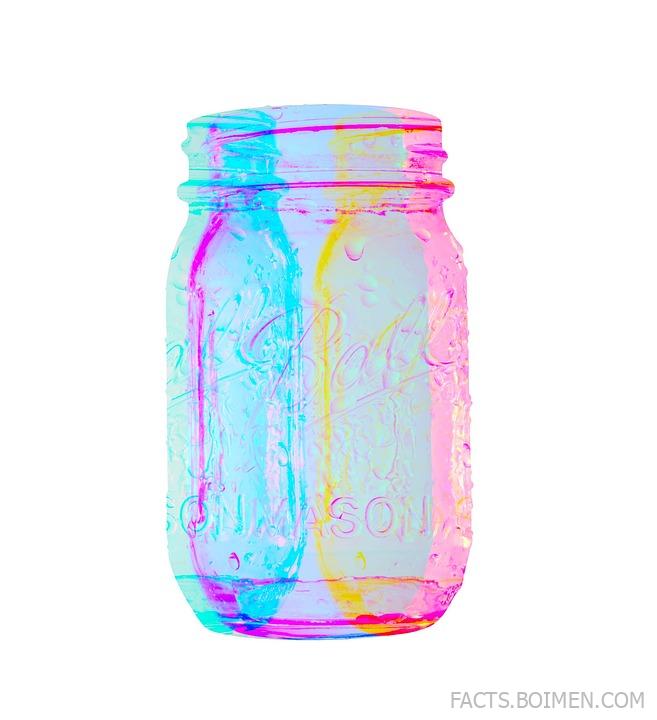Advertisements
If you’ve spent time on Pinterest recently, you’ve likely seen a new type of post flooding your feed—creators begging to be “unflopped.” These posts often come with text overlays like “I’m flopping so hard, please save this!” or “I’ll follow you if you save this pin.” It’s a humorous yet revealing look into the creator experience on Pinterest, where engagement numbers can make or break a content strategy.
This article dives into what “flopping” really means, why it’s become so common, and how creators are responding with humor, resilience, and creativity.
What Does “Flopping” Mean on Pinterest?
In social media language, to “flop” means a post receives far less engagement than expected—few saves, likes, or impressions. For Pinterest creators who rely on steady engagement to boost visibility, a flop can feel discouraging. Pinterest’s algorithm changes, evolving audience trends, and increased competition all contribute to this issue.
However, the new wave of “unflop me” posts has turned that frustration into something entertaining. Instead of giving up, creators are laughing at their misfortune—and asking the community to help them bounce back.
The Rise of “Unflop Boards”
Many Pinterest users now dedicate entire boards to helping others gain traction. These “unflop boards” are filled with mutual support pins—creators save each other’s content to increase visibility. The practice has built a small but vibrant culture of collaboration.
This strategy is more than just playful—it actually works. When pins get more saves, Pinterest’s algorithm sees them as valuable and starts recommending them to wider audiences. It’s a grassroots approach to growth that blends humor with algorithm-savvy thinking.
Why People Love These Posts
The “unflop me” trend isn’t just about numbers—it’s about connection. By openly sharing their struggles, creators appear more authentic and relatable. The humor in phrases like “I’m flopping so hard it’s crazy” or “please save this, I’m desperate” resonates with audiences who understand the ups and downs of online creativity.
It’s also a form of collective empathy. Everyone, from small creators to big names, experiences a flop at some point. This lighthearted way of addressing it builds community rather than competition.
How to Recover from a “Flop” Creatively
If you’re a creator trying to fight the algorithm slump, here are a few strategies inspired by the “unflop” movement:
- Engage Authentically: Leave thoughtful comments, not just saves. Pinterest rewards genuine engagement.
- Re-pin with Purpose: Add relevant keywords and boards to improve your SEO reach.
- Join Creator Communities: Collaborative boards or group chats can help you stay visible.
- Use Humor: Posts that make people smile are more likely to get shared.
- Stay Consistent: Flops are temporary; consistent posting builds long-term growth.
The Bigger Picture
The “unflop” trend highlights a growing shift in online culture: creators are reclaiming control from algorithms by building solidarity. Instead of viewing poor engagement as failure, they treat it as part of the creative process. The mix of irony, community, and determination gives Pinterest a refreshing sense of humanity—something often missing in social media.
Conclusion
The “unflop me” era of Pinterest is more than a meme—it’s a testament to how digital creators adapt. When faced with algorithmic indifference, they don’t quit; they turn it into a trend. Through humor and collaboration, creators are transforming a frustrating experience into something empowering.
So, the next time you see someone say “I’m flopping, please save this”, don’t scroll past—help them unflop. You might just make their day (and boost your engagement too).
Advertisements





